It’s not you, it’s us: New report reveals why corporate-startup partnerships fall apart

Corporate-startup collaboration (or ‘corporate venturing’) has become a bit of a buzz phrase in European innovation circles. The idea is simple enough: on the one side, large corporations bring scale, financial weight and power, and on the other side, startups bring agility and innovation. But the reality is often different, expectations are not met, and the shiny pitch decks first presented at the start are not realised in real life. A pilot runs out of steam, a demo gets stuck in procurement, and six months later, the “promising” collaboration is quietly shelved.
For the readers working at large corporations, who have been tasked with sparking innovation amongst a complex company structure, this is a familiar story. The intent is there, but often the result is disappointing.
So what’s going wrong in this scenario? According to new research from the European Innovation Council (EIC), the problem isn’t a lack of ambition – it’s a lack of structure. A recently released report, Unlocking Innovation with Corporate Venturing, draws on seven years of data from the EIC’s Corporate Partnership Programme (CPP), which is part of the EIC Business Acceleration Services available to all EIC Awardees. With over 1,500 startup-corporate engagements and more than 100 commercial deals analysed, the research offers a clear-eyed look at why so many open innovation efforts underperform – and what to do differently.
“It’s not you, it’s me”: The internal blockers in corporates
It’s become common knowledge among corporates that startup engagement is no longer optional; it’s a strategic necessity. That said, the day-to-day work of making that happen is where things get complicated. According to the EIC’s data, one of the most consistent blockers is “internal misalignment”. Different business units have different priorities, KPIs become misaligned, and the speed mismatch between startups and large firms quickly becomes a relationship dealbreaker.
Surprisingly, this scenario is more widespread than one might think. Data from the EIC shows that a large share of corporate-startup engagements never make it beyond the pilot phase. In fact, across hundreds of interactions, only 92 have resulted in confirmed business deals since 2017, suggesting that most partnerships stall long before reaching commercial traction.
Another common issue is the “pilot trap” – a proof-of-concept or one-off demo that initially sounds productive but in reality never scales. As the report outlines, this often stems from a lack of coordination between decision-makers, unclear goals, or a lack of budget committed beyond the experiment phase.
In short, as they say when relationships end, “it’s not you, it’s me”. There is no lack of promising startups – it’s the corporate side that often struggles to bring the right ingredients together.
Four key pillars for collaboration that actually work
Drawing from both academic research and hands-on programme experience, the EIC CPP has outlined four key success factors for collaboration. While none are particularly surprising on their own, it’s the combination and consistency of these elements that seem to matter most.
- Strategy alignment: Aligning collaborations with actual corporate innovation priorities is essential. This means being honest about what your team can get behind within the existing corporate structure
- Far-reaching commitment: Success depends on internal buy-in. From C-suite to project teams, the most effective collaborations are supported by leadership and operational teams who remain invested and engaged.
- In-house skills: It’s not just about finding good startups, it’s about having the internal capabilities to assess, engage, and co-develop. For example, this includes legal, procurement, technical and commercial expertise.
- Experimentation: Successful collaborations start small and iterate. This means structured pilots, clear KPIs and a “test before invest” mindset help ‘de-risk’ innovation for both sides.
What the EIC CPP is doing differently
The EIC Corporate Partnership Programme (CPP) is putting its experience to good use by designing a structure that really works, with a 92% success rate to back it up.
Rather than one-off matchmaking events, the CPP is a multi-month, multi-phase process that starts with identifying a clear challenge, including tailored startup scouting, and hands-on support before, during and after initial meetings.
Participating corporates include giants like Galp, Vattenfall, Holcim, Caixabank, L’Oreal and Telefonica. But it’s not just the big names that matter; it’s the way the programme enforces structure that’s driving results.
Since launching in 2017, the CPP has facilitated over 100 business deals across multiple sectors, from healthcare to energy to digital infrastructure, with a strong focus on collaborations involving EIC-backed deeptech startups. The programme has engaged with leading corporations such as ABB, Airbus, BMW, CaixaBank, CommerzBank, Enel, Ferrovial, L’Oréal, Medtronic, Neste, Roche, Saint-Gobain, Shell, Siemens Energy, Solvay, Thales, and Telefónica. Notably, the in-person Corporate Days have led the way, delivering 30% more business deals than online sessions and significantly outperforming multi-corporate formats.
The Corporate Partnership Programme is just one part of the wider support offered through the EIC Business Acceleration Services. Designed to help Europe’s most promising innovators grow faster, these services open doors to major corporations, investors, public buyers, and international business partners. Between 2021 and 2024, this broader offer helped facilitate 230 deals, supported €362 million in investment rounds through investor outreach and pitching activities, and contributed to nearly 400 new jobs through agreements signed at trade fairs. It’s a powerful reminder that when startups are backed by more than just funding, real scale becomes possible.
Next steps
For innovation leads already aware that their current startup engagement model isn’t delivering, the takeaway is fairly clear: it’s not about scouting harder, it’s about structuring smarter. Startup collaboration works best when it’s treated not as a one-off activity, but as a process, with clear objectives, committed stakeholders, and a willingness to test and learn.
If you’re serious about getting more out of your startup engagement, the EIC report is a useful place to start. You can download the full report here, or explore what it means to become a partner in the EIC Corporate Partnership Programme here.
In 2025 and beyond, the real differentiator isn’t finding startups, it’s knowing what to do once you do.
The post It’s not you, it’s us: New report reveals why corporate-startup partnerships fall apart appeared first on EU-Startups.






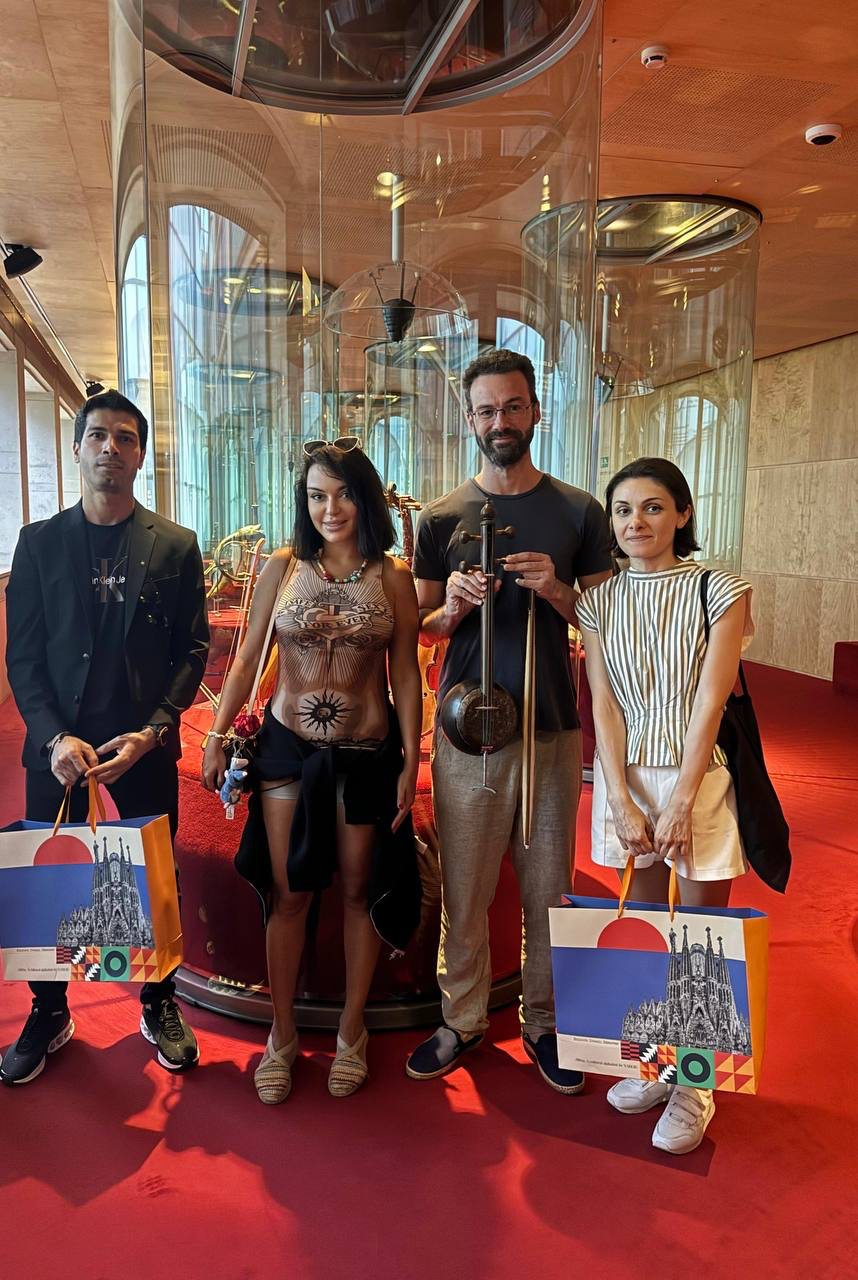

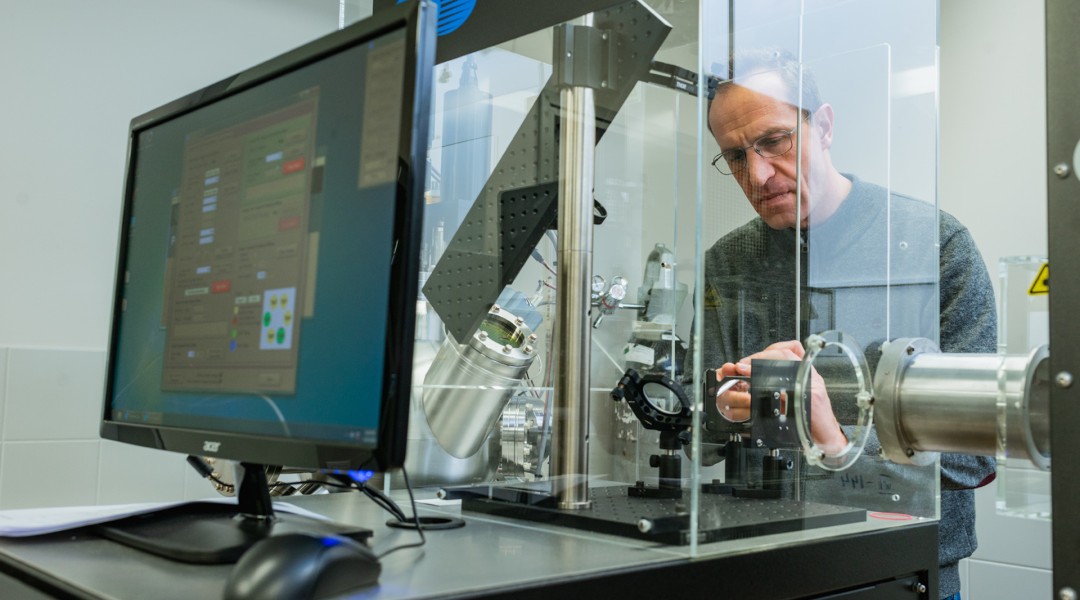
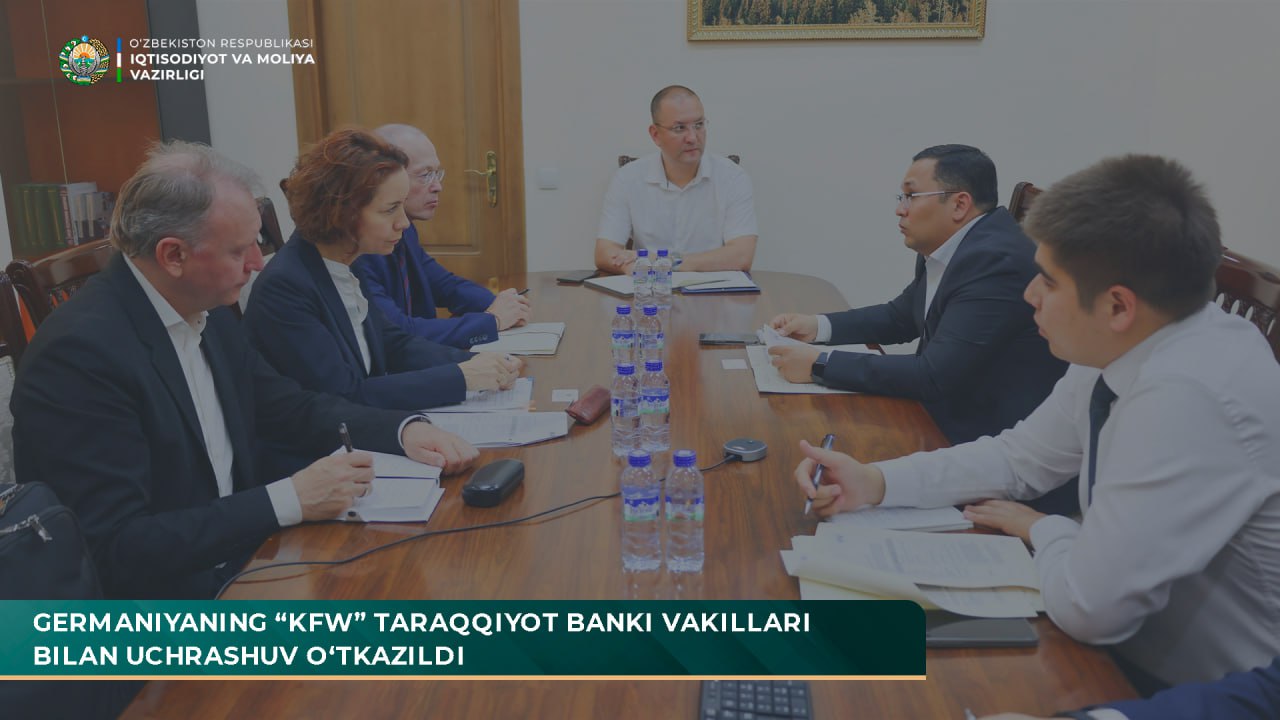

























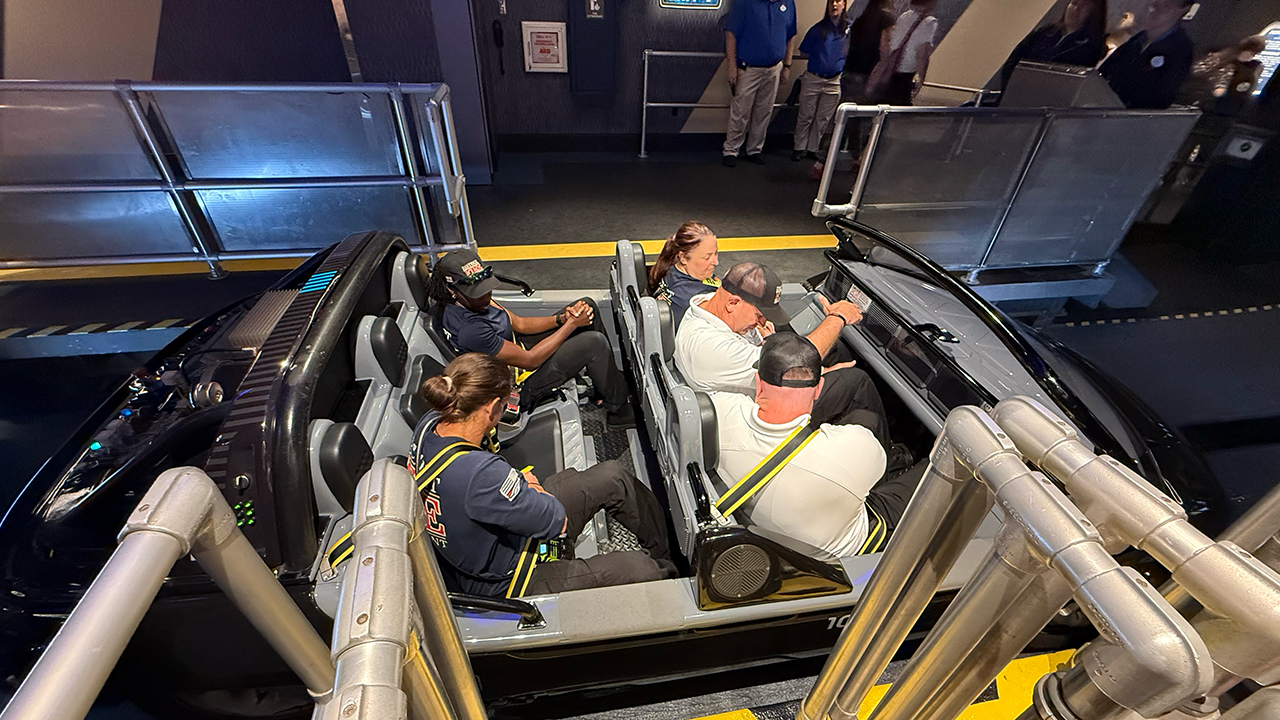



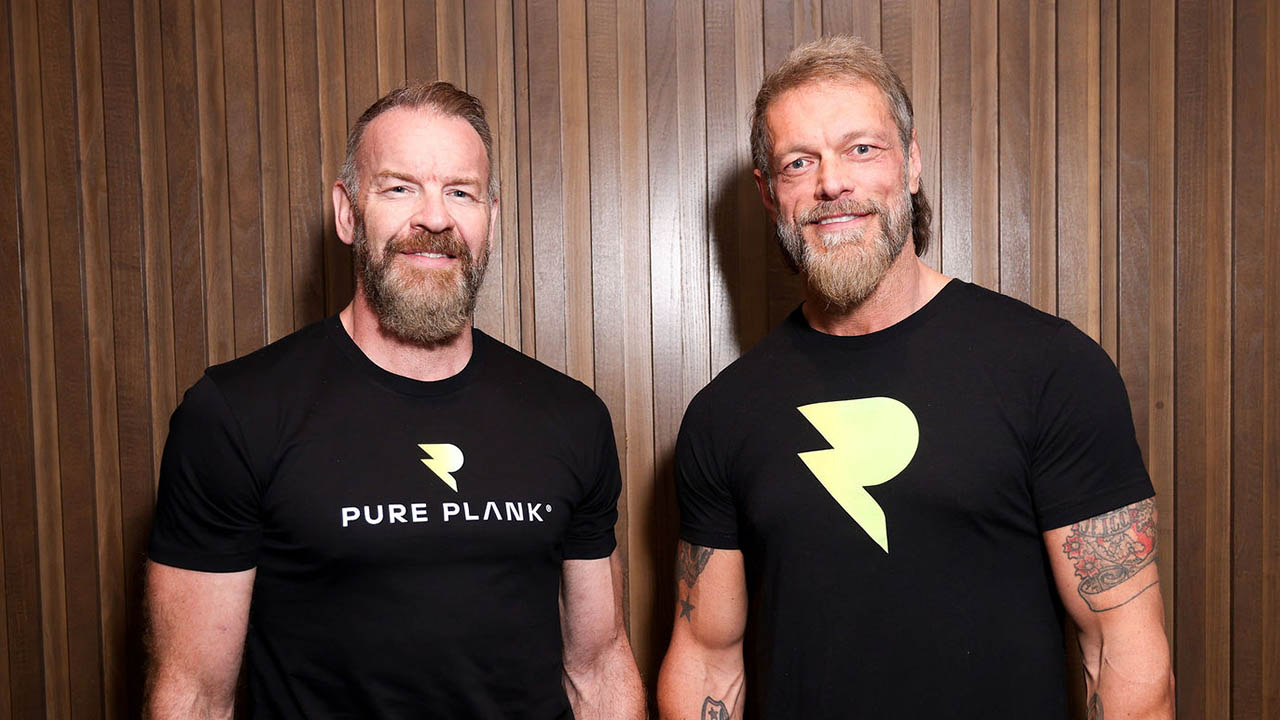



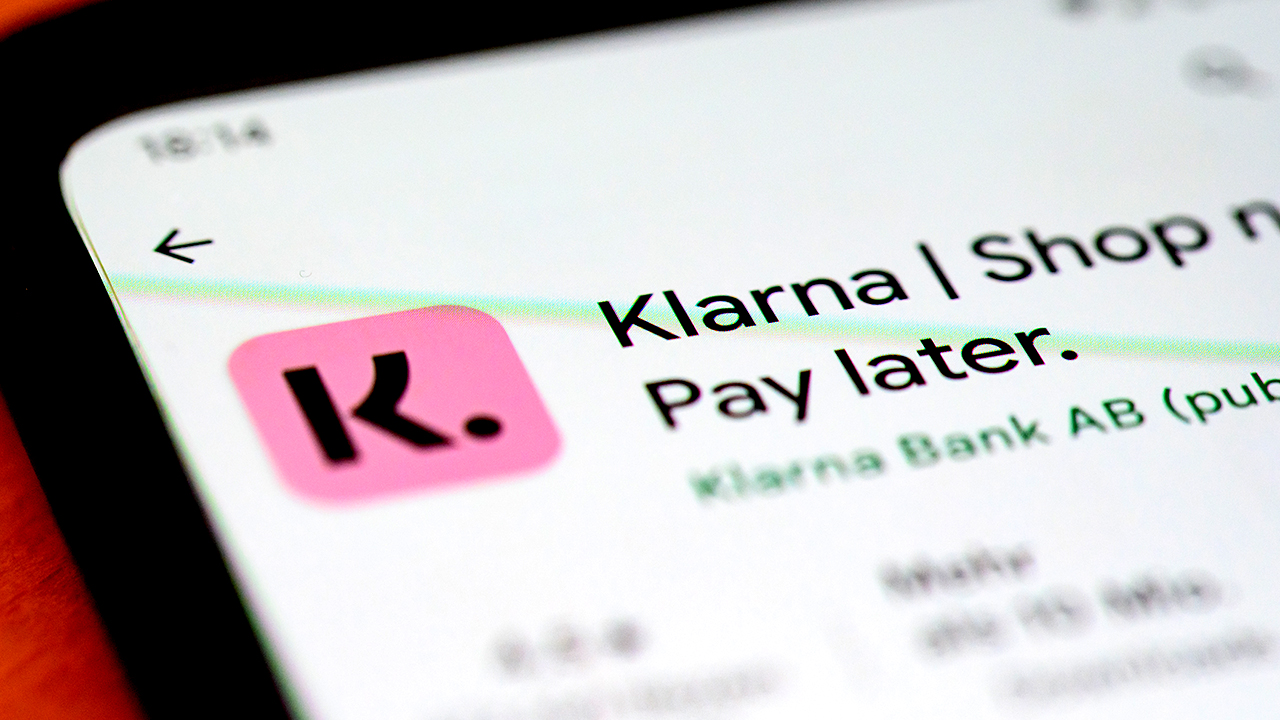





.png?Expires=1838763821&Key-Pair-Id=K2ZIVPTIP2VGHC&Signature=IO0~CT3pU-TcxGc~yoZSmoQx23MZVuK-~4jSii~NKEblRmyO3el7NXPu~Rh1o23voASg7hlcHLw4kvQuDK1jssEhcjoNBBvEpZ~GGOAU6yosBhpHpeF179F~h7i6VxmsBNh9gtTutkoqY73O2YCFey~IAqSzKbBqETP1kP9cAg1916Z1YkJJs-5MliMrkZ5d7-mWGLbpHp2wGj2VlMph8XzYlL4~y1O7fB~JdIS~Rs4RMRs2x0WT1qUIpHAsf3GdwtOyAmKFSpIg8xCyNGZZ5h~13nXlmpd7uPvW8tBfttpG9pFTqcway-uch5WyfHOEfi7UlJCOWrr6fCYY5PMgSg__)







